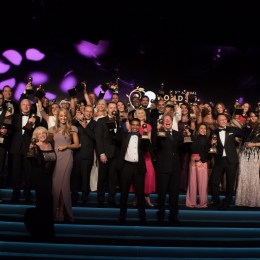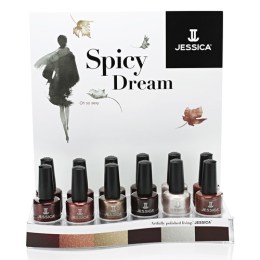Considering “hump day” is coming to a close, now is an opportune time to talk about camel milk. Although humans in the Middle East and Africa have consumed it for centuries, it wasn’t until last year that it caught the attention of Australians.
Celebrity chef Pete Evans put it on the map when he ignited controversy, suggesting camel milk was appropriate for very young infants on his website, The Paleo Way.
Celebrating “cave-man” style eating, the chef’s dietary program is famously polarising. And after his camel milk claims were publicly ridiculed by doctors and health experts alike, he’s since denied endorsing it.
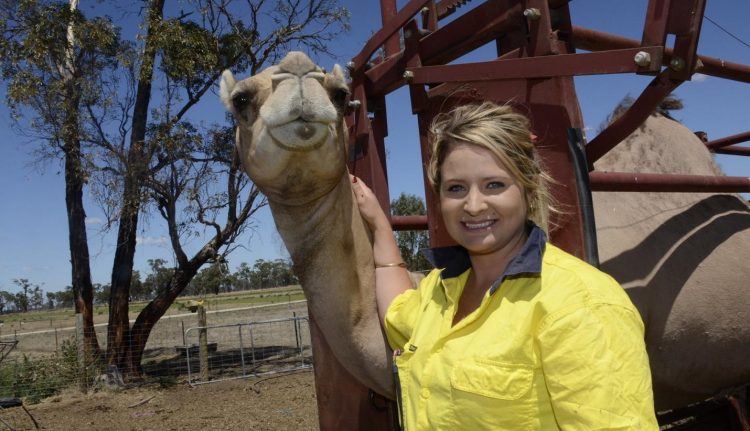
Megan Williams, who owns Australia’s largest camel milk farm, The Camel Milk Co, started the business with her husband in 2014 harvesting a small herd of 6. She says she has no ties to Pete Evans.
“I’ve never spoken to him, but it sparked interest in our products from paleo groups,” she tells SPA+CLINIC.
“Regardless, our business is going from strength to strength – camel milk is on the “up” and it won’t be long before everyone is drinking it – we’ve built news yards that house 150 camels.”
Despite growing up as a dairy farmer, Megan and her husband only discovered it was possible to milk camels when visiting the Northern Territory a year before opening their businsss The Camel Milk Co.
“They are adorable and affectionate so when we started the business we didn’t think of it as a job, but a labor of love,” she says.
“We’re devoted to animals and by milking camels, we’re saving them from being culled then slaughtered.
“Many of the camels in the outback are very skinny, but ours are big, fat and super healthy – they free-graze our farm with an abundance of high quality food.”
Using a portable milking machine, Megan says each animal harvests about 5 litres of milk per day. It is then pasteurised (a process that ensures it’s safe for human consumption) and freeze-dried or bottled with a shelf life of two weeks.
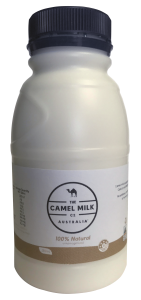
“Compared to cow’s milk it’s lower in fat and lower in lactose,” she continues. “Studies have found it to be high in potassium, magnesium, calcium, iron and vitamin B3 – and it contains lactoferrin, a natural probiotic.
“Our cows are 100 per cent drug free – we don’t feed them any supplements, or chemicals. If one of our girls is under the weather we use natural homeopathic remedies.
“A lot of people think the idea of of camel milk is a bit “ugh” but when they drink it, they are pleasantly surprised by how nice it tastes.
“It’s very similar to normal cow’s milk but slightly sweeter. When chilled it’s so refreshing, and it doesn’t leave a yucky film in your mouth like some might expect it to.”
If drinking camel milk isn’t your quite your cup of tea, Megan and her husband have released a range of skincare products – a less confronting option. They’re hoping to be stocked in spas and wellness centres in the near future.
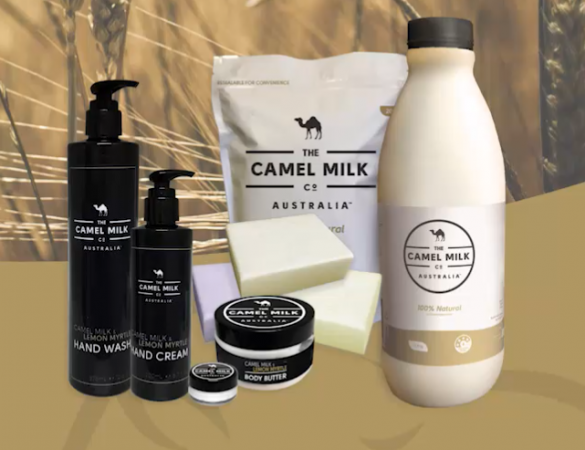
“Our customers kept asking and asking for us to bring out a line of personal care so we listened – our soaps, body butter and lip balms also contain vitamin E and other essential oils which are amazing for the skin.
“Like goat milk-infused personal care, our camel milk products are incredibly hydrating, but in our opinion what separates from others is its absorption capability.
“Apply our creams to your hands then wash them – there’ll be no residue or tackiness but your skin will feel silky soft.”


